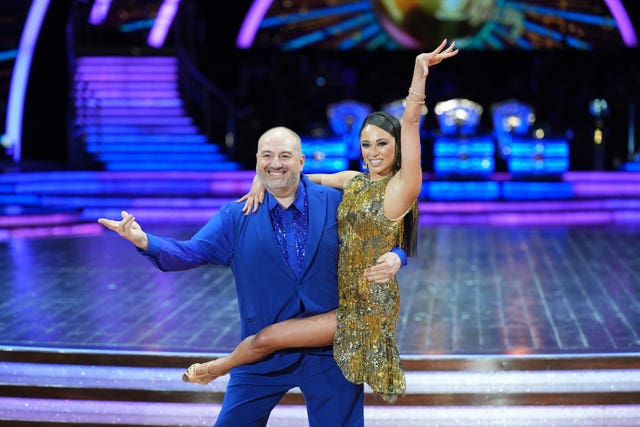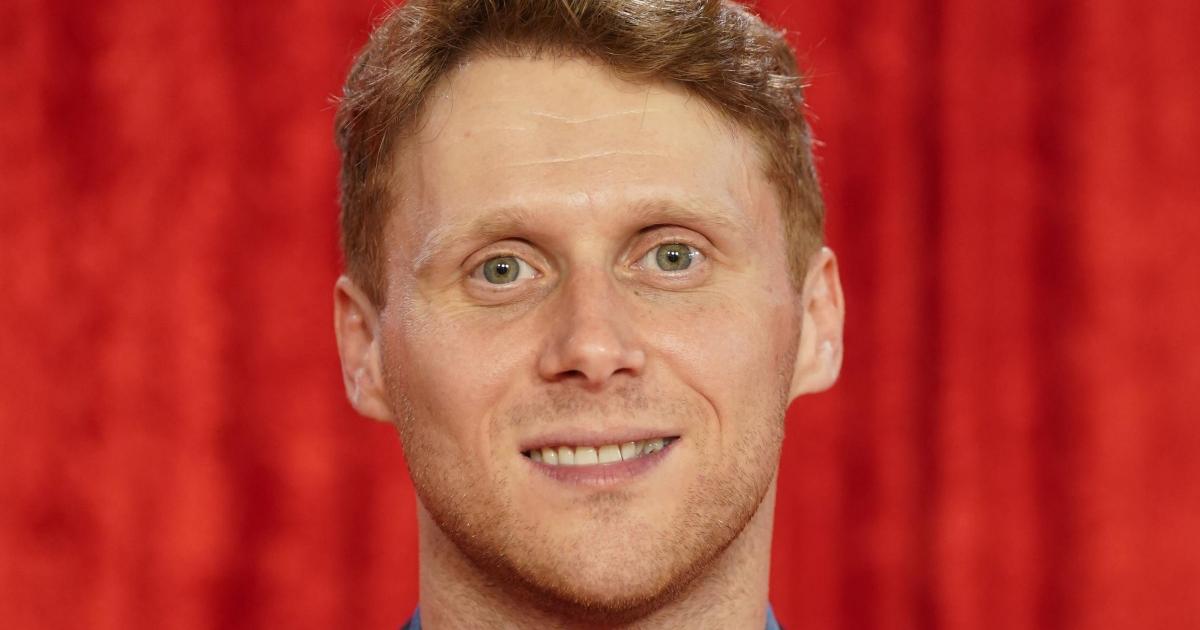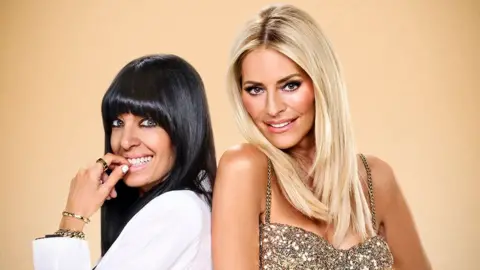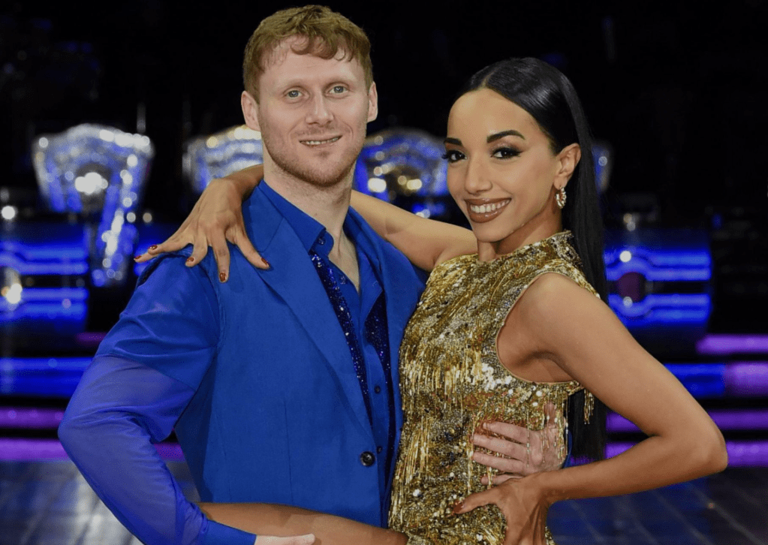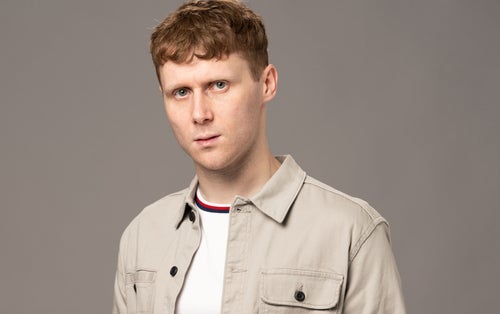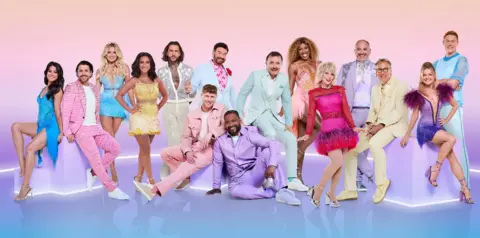EastEnders Star Suspended After On-Set Backlash During Strictly
Jamie Borthwick, a prominent actor from the BBC’s beloved series EastEnders, has come under fire and faced suspension following an incident that unfolded during the filming of Strictly Come Dancing in Blackpool last November. The suspension arises from Borthwick’s use of a derogatory term associated with disabilities, which ignited significant backlash both from cast members and the public. The BBC has responded swiftly to this controversy, asserting that Borthwick’s language is “entirely unacceptable” and does not align with the organization’s values.
The actor’s remarks have been met with widespread criticism, emphasizing a growing concern regarding the language used in the entertainment industry and its impact on societal attitudes toward disabilities. Advocacy groups and media personalities alike have denounced the use of slurs, highlighting the broader ramifications of such language.
Understanding the Impact of Derogatory Language in the Media
In the wake of Borthwick’s suspension, Warren Kirwan, a media manager at the disability equality charity Scope, spoke out against the actor’s comments, noting the harmful effects that derogatory language can have on individuals with disabilities. Kirwan’s remarks serve as a reminder that words have power and that casual use of slurs can perpetuate stereotypes and stigmas against marginalized groups.
The entertainment industry, often seen as a reflection of societal norms, has a responsibility to foster inclusivity and respect. When language that belittles or dehumanizes individuals with disabilities is tolerated, it sends a message that such views are acceptable. This incident raises vital questions about accountability within the entertainment sector and the ongoing need for education around sensitive issues.
Related Controversies: A Pattern of Inappropriate Language
This isn’t the first time that the BBC has had to wrestle with issues of inappropriate language among its stars. Recently, Wynne Evans, a notable figure associated with BBC Radio Wales, also found himself embroiled in a similar controversy. Evans departed from his role after using language deemed inappropriate during the launch of the Strictly Come Dancing tour. He defended his remarks, claiming they were meant to be a light-hearted nickname for Borthwick and were not intended to be sexual or intended to insult female cast members.
These incidents draw attention to a troubling trend where individuals in the entertainment sphere use language that can be viewed as offensive, raising significant discussions about cultural sensitivity and awareness. As society evolves and becomes more adept at recognizing the ramifications of language, individuals must also be held accountable for their words, especially those in the public eye.
The Role of the Media in Shaping Public Perception
Media representation plays a critical role in shaping public perceptions of various communities, including those with disabilities. As influential figures, actors and presenters possess the ability to normalise conversations surrounding disabilities by employing respectful and informed language. Unfortunately, instances like Borthwick’s and Evans’ illustrate the dangers of perpetuating negative stereotypes through careless speech.
For audiences, the reaction to such incidents is important. It showcases a collective demand for accountability, urging networks and production companies to enforce stricter guidelines regarding the language that can be used on set. Furthermore, it highlights the necessity for ongoing education and training to ensure that everyone involved in production understands the implications of their words and actions.
Bridging the Gap: Moving Toward Inclusivity
In the aftermath of Borthwick’s suspension, discussions have emerged regarding the steps that can be taken to bridge the gap in understanding around disability and language. Many experts believe that fostering an environment of inclusivity begins with open dialogue. Engaging in conversations about disability, the challenges that people face, and the language that is used is essential for creating a more inclusive culture in media.
Organizations can take concrete steps, including implementing training programs for cast and crew members and encouraging feedback from individuals with disabilities. Such initiatives serve not only to educate but also to empower those who may feel marginalized in the industry.
Conclusion
The suspension of Jamie Borthwick serves as a pivotal moment for the entertainment industry, highlighting the crucial need for respectful language and the implications of our words. As the conversation around inclusivity and disability continues to evolve, it is imperative for all media professionals to reflect on the impact of their language and strive for a more understanding and tolerant society. Let’s support initiatives that promote inclusivity and foster understanding in our communities. For more insights and to stay updated on similar discussions, visit our website regularly.
